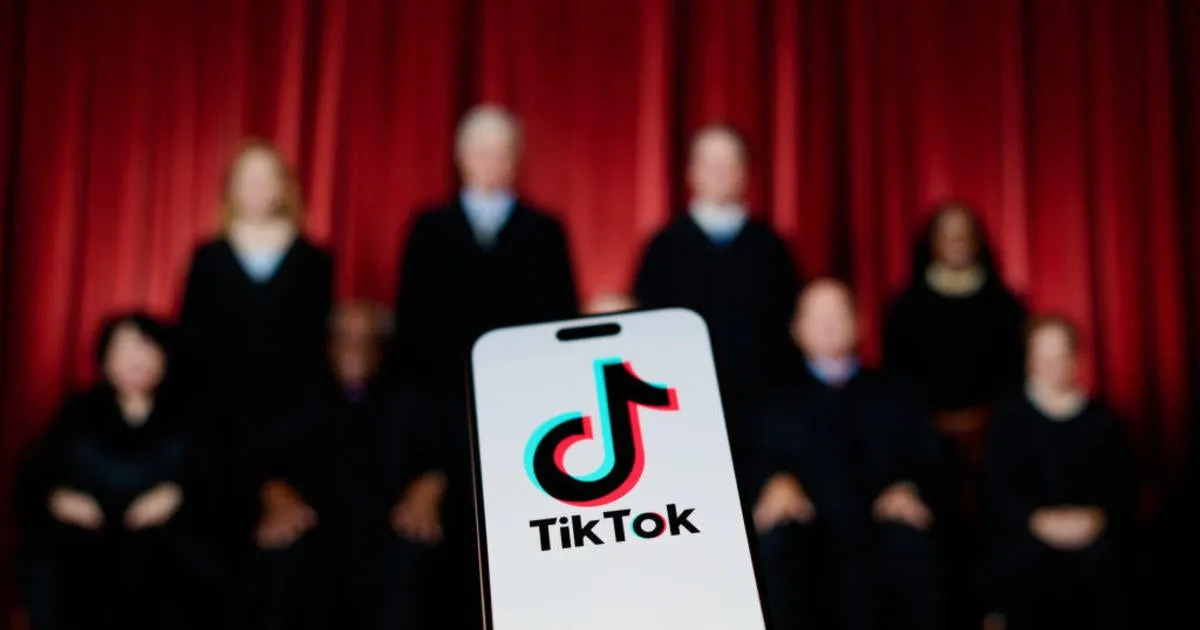Supreme Court Ruling on TikTok Ban and National Security Risks

Supreme Court's Bold Move on TikTok
The Supreme Court on Friday set a pivotal precedent by rejecting a challenge to legislation aimed at TikTok, a popular app owned by China-based ByteDance. This ruling supports the enforcement of a law that mandates TikTok to sever ties with its parent company or face a ban in the United States.
Key Reasons Behind the Ruling
- National Security: The court recognized significant data privacy concerns, especially regarding China’s access to American users’ information.
- First Amendment Rights: The justices unanimously concluded that the law does not infringe upon the First Amendment rights of TikTok and its users.
- Government Warnings: The ruling aligns with longstanding warnings from both the Trump and Biden administrations regarding potential risks posed by the app to U.S. national security.
Implications for Users and the Market
This decision paves the way for heightened scrutiny over social media platforms and amplifies concerns over foreign influence in American digital spaces. As the law is set to take effect promptly, users and stakeholders must prepare for the potential fallout.
This article was prepared using information from open sources in accordance with the principles of Ethical Policy. The editorial team is not responsible for absolute accuracy, as it relies on data from the sources referenced.